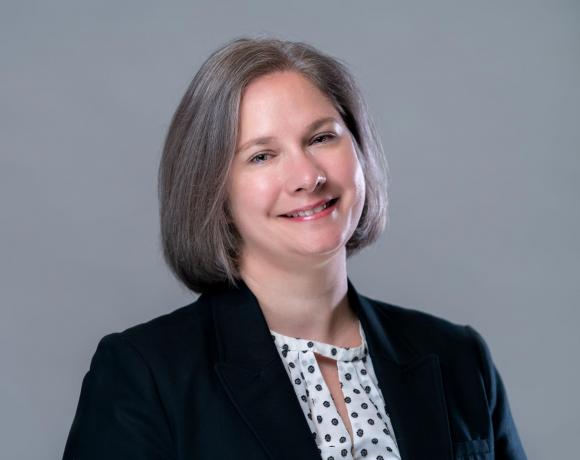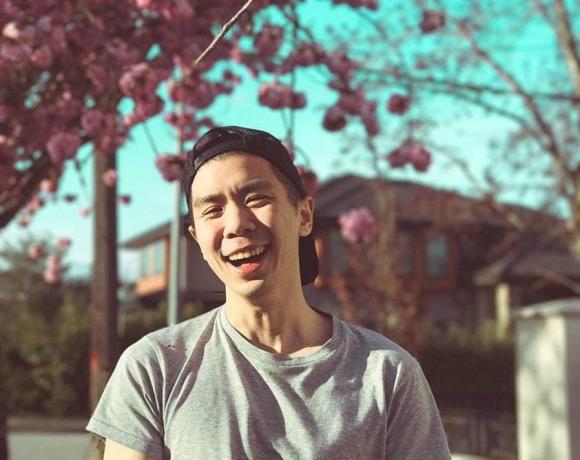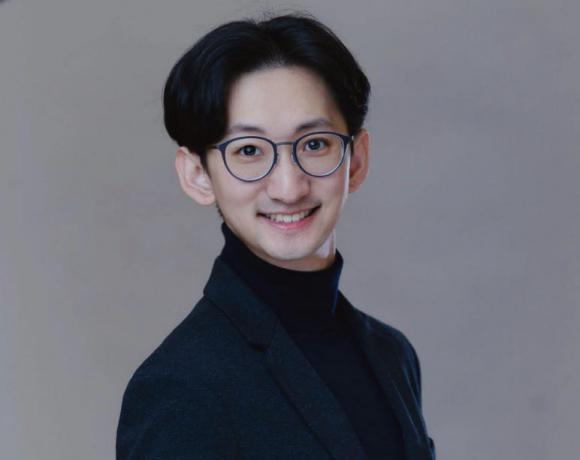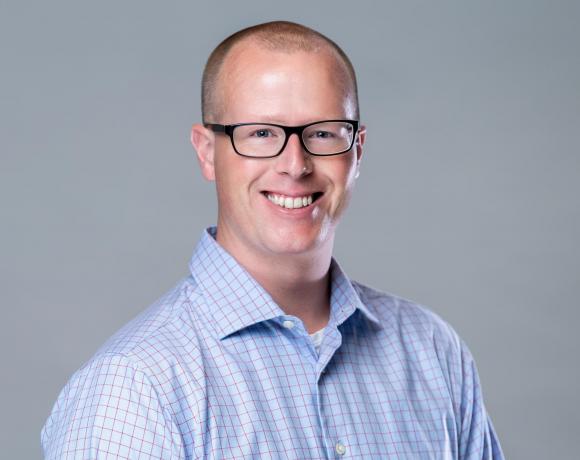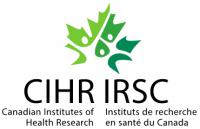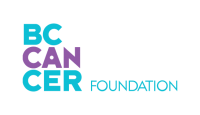Nature, 2016
Morrissy, A Sorana, Garzia, Livia, Shih, David J H, Zuyderduyn, Scott, Huang, Xi, Skowron, Patryk, Remke, Marc, Cavalli, Florence M G, Ramaswamy, Vijay, Lindsay, Patricia E, Jelveh, Salomeh, Donovan, Laura K, Wang, Xin, Luu, Betty, Zayne, Kory, Li, Yisu, Mayoh, Chelsea, Thiessen, Nina, Mercier, Eloi, Mungall, Karen L, Ma, Yusanne, Tse, Kane, Zeng, Thomas, Shumansky, Karey, Roth, Andrew J L, Shah, Sohrab, Farooq, Hamza, Kijima, Noriyuki, Holgado, Borja L, Lee, John J Y, Matan-Lithwick, Stuart, Liu, Jessica, Mack, Stephen C, Manno, Alex, Michealraj, K A, Nor, Carolina, Peacock, John, Qin, Lei, Reimand, Juri, Rolider, Adi, Thompson, Yuan Y, Wu, Xiaochong, Pugh, Trevor, Ally, Adrian, Bilenky, Mikhail, Butterfield, Yaron S N, Carlsen, Rebecca, Cheng, Young, Chuah, Eric, Corbett, Richard D, Dhalla, Noreen, He, An, Lee, Darlene, Li, Haiyan I, Long, William, Mayo, Michael, Plettner, Patrick, Qian, Jenny Q, Schein, Jacqueline E, Tam, Angela, Wong, Tina, Birol, Inanc, Zhao, Yongjun, Faria, Claudia C, Pimentel, José, Nunes, Sofia, Shalaby, Tarek, Grotzer, Michael, Pollack, Ian F, Hamilton, Ronald L, Li, Xiao-Nan, Bendel, Anne E, Fults, Daniel W, Walter, Andrew W, Kumabe, Toshihiro, Tominaga, Teiji, Collins, V Peter, Cho, Yoon-Jae, Hoffman, Caitlin, Lyden, David, Wisoff, Jeffrey H, Garvin, James H, Stearns, Duncan S, Massimi, Luca, Schüller, Ulrich, Sterba, Jaroslav, Zitterbart, Karel, Puget, Stephanie, Ayrault, Olivier, Dunn, Sandra E, Tirapelli, Daniela P C, Carlotti, Carlos G, Wheeler, Helen, Hallahan, Andrew R, Ingram, Wendy, MacDonald, Tobey J, Olson, Jeffrey J, Van Meir, Erwin G, Lee, Ji-Yeoun, Wang, Kyu-Chang, Kim, Seung-Ki, Cho, Byung-Kyu, Pietsch, Torsten, Fleischhack, Gudrun, Tippelt, Stephan, Ra, Young Shin, Bailey, Simon, Lindsey, Janet C, Clifford, Steven C, Eberhart, Charles G, Cooper, Michael K, Packer, Roger J, Massimino, Maura, Garre, Maria Luisa, Bartels, Ute, Tabori, Uri, Hawkins, Cynthia E, Dirks, Peter, Bouffet, Eric, Rutka, James T, Wechsler-Reya, Robert J, Weiss, William A, Collier, Lara S, Dupuy, Adam J, Korshunov, Andrey, Jones, David T W, Kool, Marcel, Northcott, Paul A, Pfister, Stefan M, Largaespada, David A, Mungall, Andrew J, Moore, Richard A, Jabado, Nada, Bader, Gary D, Jones, Steven J M, Malkin, David, Marra, Marco A, Taylor, Michael D
Nature, 2015
Eirew, Peter, Steif, Adi, Khattra, Jaswinder, Ha, Gavin, Yap, Damian, Farahani, Hossein, Gelmon, Karen, Chia, Stephen, Mar, Colin, Wan, Adrian, Laks, Emma, Biele, Justina, Shumansky, Karey, Rosner, Jamie, McPherson, Andrew, Nielsen, Cydney, Roth, Andrew J L, Lefebvre, Calvin, Bashashati, Ali, de Souza, Camila, Siu, Celia, Aniba, Radhouane, Brimhall, Jazmine, Oloumi, Arusha, Osako, Tomo, Bruna, Alejandra, Sandoval, Jose L, Algara, Teresa, Greenwood, Wendy, Leung, Kaston, Cheng, Hongwei, Xue, Hui, Wang, Yuzhuo, Lin, Dong, Mungall, Andrew J, Moore, Richard, Zhao, Yongjun, Lorette, Julie, Nguyen, Long, Huntsman, David, Eaves, Connie J, Hansen, Carl, Marra, Marco A, Caldas, Carlos, Shah, Sohrab P, Aparicio, Samuel
